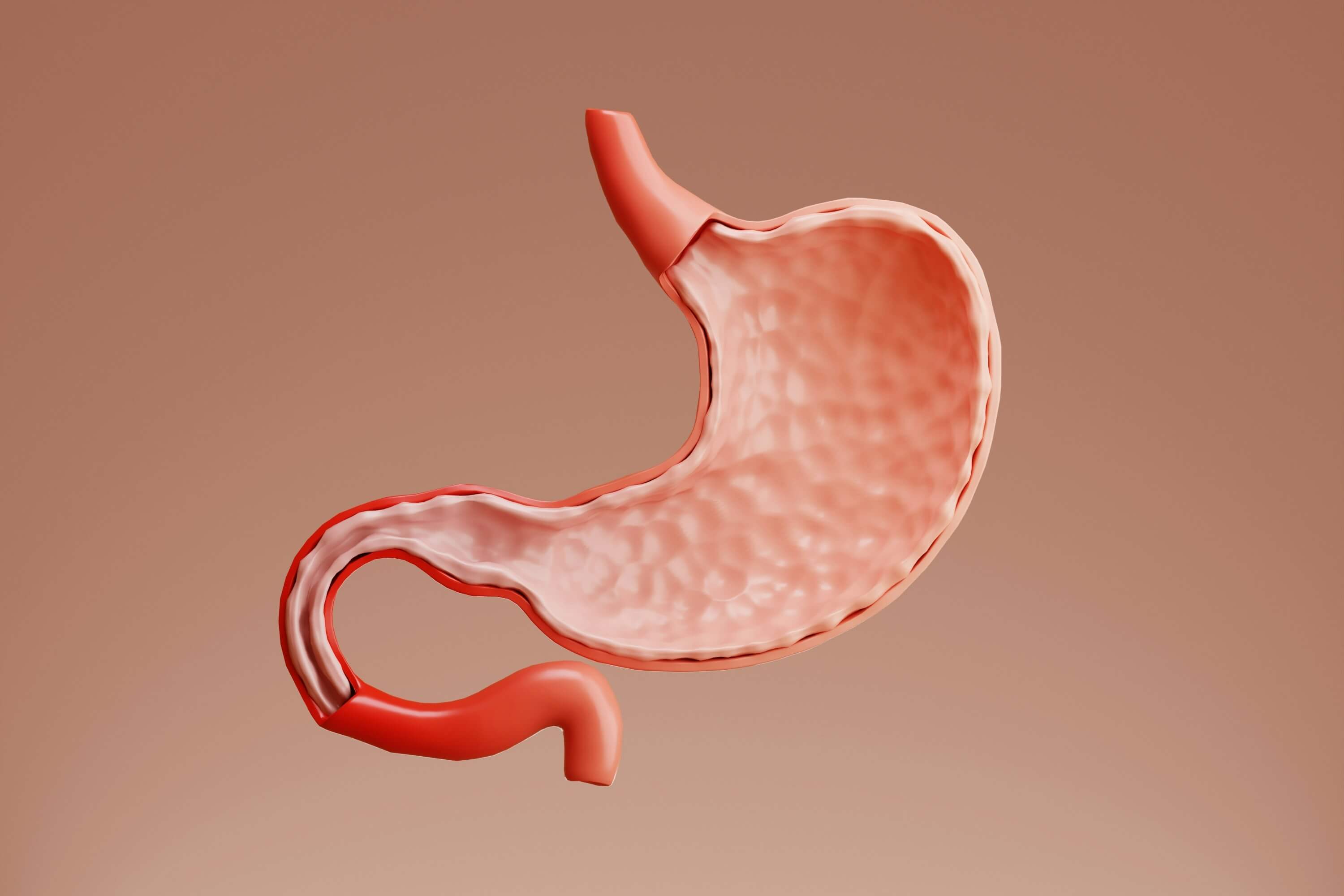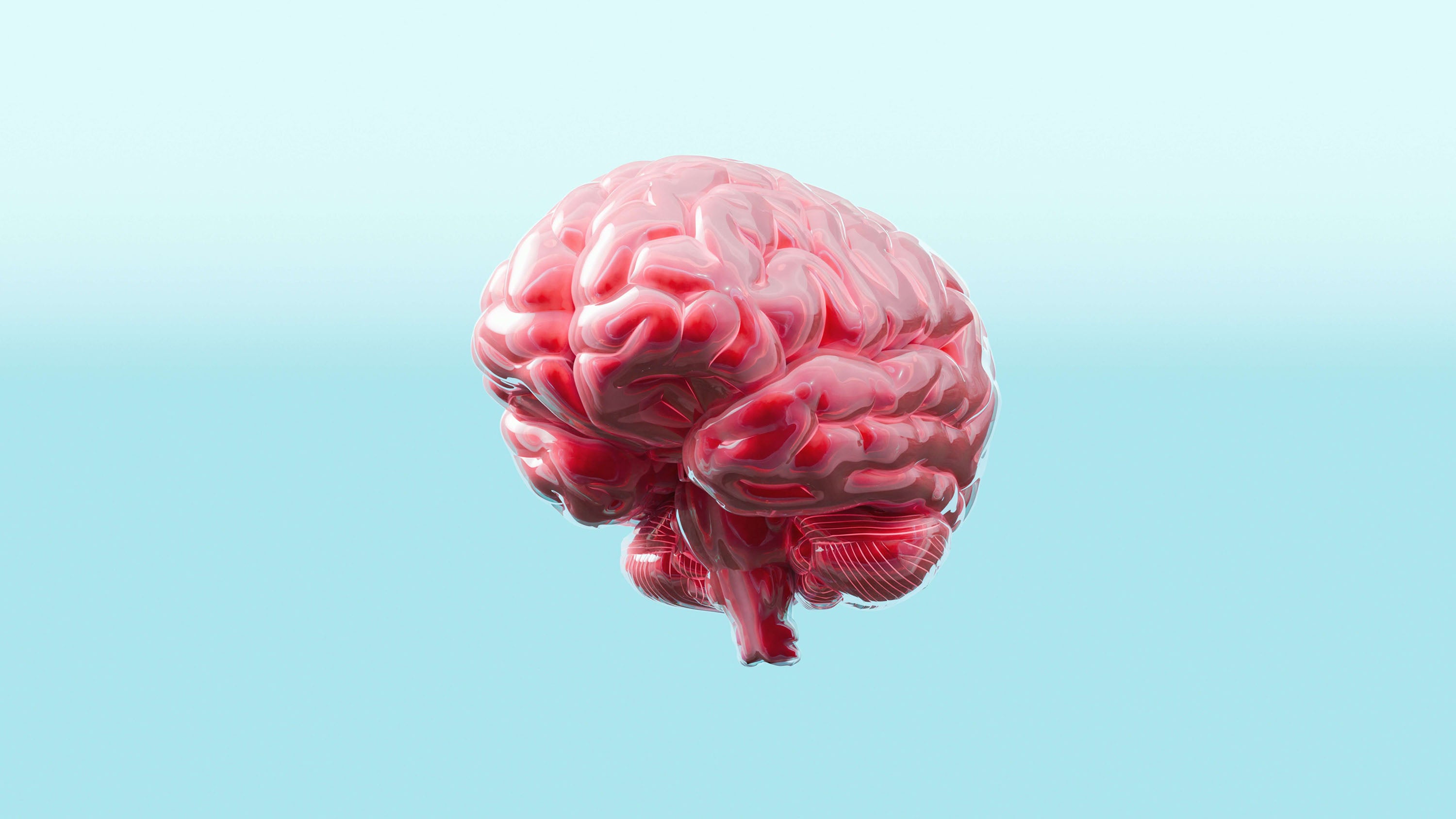The term “hungry gut” is not a medical diagnosis but a commonly used phrase to describe the persistent feeling of hunger or an excessive appetite, even after eating a full meal. This sensation can be caused by a combination of physiological, dietary, psychological, and medical factors. Understanding the root causes and managing the underlying triggers can help individuals address this challenging condition effectively.
What Causes Hungry Gut?
Hormonal Imbalance: Certain hormones play a crucial role in regulating hunger and fullness.
- Ghrelin: Known as the “hunger hormone,” ghrelin levels rise before meals and fall after eating. High levels can increase appetite, making it difficult to feel satisfied.
- Leptin Resistance: Leptin is a hormone that signals to the brain when you’re full. When resistance to leptin occurs, the brain doesn’t receive the “stop eating” signal, resulting in constant hunger.
- Insulin: Fluctuations in insulin levels, often seen in type 2 diabetes, can lead to blood sugar instability and increased appetite.
- Low Fiber Intake: Fiber slows digestion, keeping you full longer. A low-fiber diet can lead to quicker digestion and a faster return of hunger.
- High Glycemic Index Foods: Foods that cause rapid spikes in blood sugar can trigger hunger soon after consumption.
- Lack of Protein: Protein is essential for satiety. Diets lacking adequate protein may fail to curb hunger effectively.
- Stress: Stress-induced cortisol spikes can increase appetite, often leading to emotional eating.
- Sleep Deprivation: Poor sleep increases ghrelin and decreases leptin, disrupting hunger regulation and making it harder to feel full.
- Stomach Dumping Syndrome: Also called rapid gastric emptying, this condition causes food to move from the stomach to the small intestine too quickly, leading to hunger-like sensations.
- Hyperthyroidism: An overactive thyroid increases metabolism, which may amplify appetite.
- Diabetes: Uncontrolled blood sugar levels often cause frequent hunger.
- Digestive Disorders: Issues such as gastritis or acid reflux can create sensations that resemble hunger.
Medications: Certain medications, including steroids and some antidepressants, can increase appetite as a side effect.
How Does Hungry Gut Affect Health?
Persistent hunger can impact both physical and mental health:
- Weight Gain: Overeating in response to constant hunger may lead to obesity and related health concerns.
- Nutritional Imbalance: Frequent hunger often leads to poor food choices, resulting in inadequate nutrition.
- Emotional Distress: Feeling constantly hungry can cause frustration, anxiety, and stress.
- Blood Sugar Fluctuations: Eating frequently, especially high-carbohydrate foods, can lead to spikes and dips in blood sugar levels.
How to Manage Hungry Gut
Dietary Adjustments
- Increase Fiber Intake: Incorporate more fruits, vegetables, whole grains, and legumes into your meals.
- Balance Meals: Ensure every meal includes protein, healthy fats, and complex carbohydrates to maintain satiety.
- Opt for Low Glycemic Index Foods: Choose foods that cause gradual blood sugar changes rather than sudden spikes.
- Stick to Regular Meal Timing: Eating meals consistently can help regulate hunger signals.
Lifestyle Changes
- Exercise Regularly: Physical activity helps balance hunger hormones and boosts metabolism.
- Get Adequate Sleep: Aim for 7-9 hours of quality sleep each night to maintain hormonal balance.
- Manage Stress: Practice mindfulness, meditation, or yoga to reduce stress and its impact on appetite.
Medical Interventions
- Medication Review: If a medication is increasing your appetite, consult your doctor about alternatives.
- Hormonal Treatments: If imbalances like leptin resistance or thyroid issues are the cause, appropriate medical treatment may help.
- Therapy: Cognitive-behavioral therapy (CBT) or counseling can address emotional eating and stress-related hunger.
Hydration
- Drink Plenty of Water: Thirst is often mistaken for hunger, so staying hydrated can help reduce unnecessary food cravings.
Final Thoughts
While “hungry gut” is not a formal medical term, the persistent feeling of hunger can have a profound effect on overall health and well-being. Understanding the root causes—whether hormonal, dietary, psychological, or medical—is the first step in addressing it. Through thoughtful dietary choices, lifestyle adjustments, and medical support, it’s possible to manage hunger effectively and improve quality of life.


